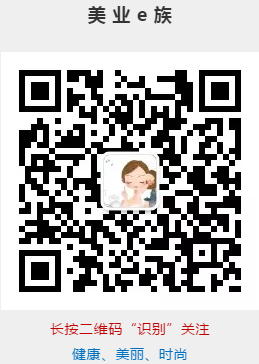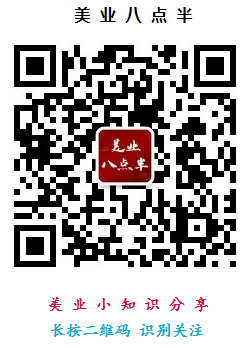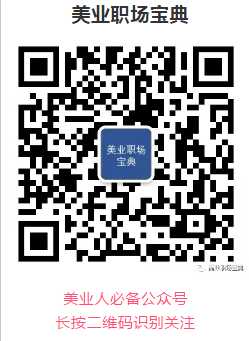
Qi and blood are the most fundamental substances that sustain human life activities. Qi is yang, a dynamic and vigorous subtle substance; blood is yin, the carrier of qi that provides it with sufficient nourishment. As the saying goes, “Qi is the commander of blood, and blood is the mother of qi.” The movement of blood relies on the propulsion of qi, and the existence of qi depends on the nourishment of blood. Common conditions of qi and blood deficiency can be categorized into three types:

Qi Deficiency:
This is often caused by insufficient internal generation or excessive consumption. It is commonly seen in those with congenital deficiencies, malnutrition, elderly individuals, and those who are overly fatigued. Main symptoms include mental fatigue, weakness in the limbs, dizziness, spontaneous sweating, and susceptibility to colds.
Blood Deficiency:
This is a pathological phenomenon of insufficient yin blood, which can result from excessive blood loss or prolonged illness. Individuals with blood deficiency often present with pale complexion, dull lips, tongue, and nails, and commonly experience dizziness, palpitations, weight loss, and dry eyes.
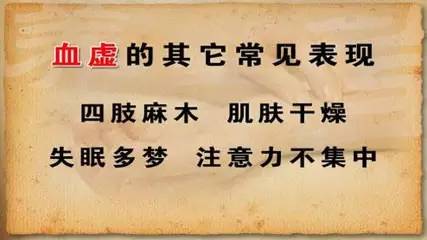
Combined Qi and Blood Deficiency:
Generally, individuals with qi deficiency will also exhibit symptoms of blood deficiency, often presenting as fatigue, palpitations, vivid dreams, and a pale or sallow complexion. Additionally, the nourishing effect of qi and blood on the meridians, muscles, and skin is weakened, leading to common symptoms such as numbness in the limbs, dry skin, and itching.
When yin and yang are harmonious, and qi and blood are abundant, with smooth meridians, no diseases will arise.
Therefore, nourishing qi and blood is crucial for human health.
This can be achieved through five steps:
1. Regulate the Spleen and Stomach
The spleen and stomach are the source of qi and blood generation. As stated in the “Lingshu: Jue Qi,” “The middle burner receives qi and extracts fluids, transforming them into blood,” indicating that blood is generated through the transformation of the spleen and stomach. The spleen has the function of controlling blood, so treating blood disorders must emphasize the regulation of the spleen and stomach.
Dietary nourishment can include foods that strengthen the spleen and benefit the stomach, such as pumpkin, yam, lotus seeds, lentils, and coix seeds. Additionally, one can prepare “Ginseng, Astragalus, and Atractylodes Tea”: take 5 grams of Codonopsis (Dang Shen), 5 grams of Astragalus (Huang Qi), 3 grams of Atractylodes (Bai Zhu), 3 grams of Huai Yam (Huaishan), and 3 grams of Cimicifuga (Sheng Ma), boil in 400 ml of water, steep with 5 grams of flower tea, and drink until the flavor is mild, which has the effect of tonifying the spleen, benefiting qi, and lifting yang to stop diarrhea.
2. Nourish Liver Blood
The liver stores blood, regulates the flow of qi, and aids in the transformation of the spleen and stomach, thus nourishing liver blood is fundamental to regulating qi and blood.
Traditional Chinese medicine holds that “when the liver is stagnant, the spleen is deficient.” Emotional distress and anger can damage the liver and spleen, leading to the depletion of qi and blood. Furthermore, “when a person lies down, blood returns to the liver”; scientific research has found that during sleep, the blood flow to the liver is seven times that of when standing. The increased blood flow to the liver enhances liver cell function and detoxification capacity. Therefore, it is essential to avoid anger, staying up late, and overexertion. Traditional Chinese medicine also states that “prolonged viewing harms blood”; when working at a computer, special attention should be paid to resting and caring for the eyes to prevent the depletion of qi and blood.
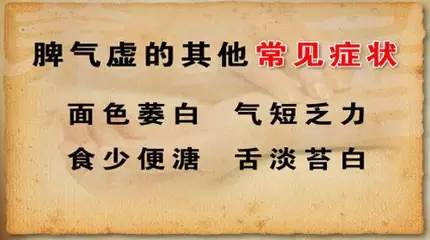
3. Food and Medicinal Diet
To tonify qi, one can consume “Four Gentlemen Decoction” (Si Jun Zi Tang), which originates from the Song Dynasty’s “Tai Ping Hui Min He Ji Ju Fang” and is effective in benefiting qi and strengthening the spleen. Take 10 grams of Ginseng (Ren Shen), 9 grams of Atractylodes (Bai Zhu), 9 grams of Poria (Fu Ling), and 6 grams of Honey-fried Licorice (Zhi Gan Cao), and stew with lamb. To nourish blood, one can use “Four Substances Decoction” (Si Wu Tang), which is a classic formula for nourishing blood originating from the Tang Dynasty’s “Xian Shou Li Shang Xu Duan Mi Fang.” Take 9 grams each of White Peony (Bai Shao), Angelica (Dang Gui), Rehmannia (Shu Di Huang), and Chuanxiong (Chuan Xiong), place in 250 ml of water, and decoct until 150 ml remains, then take on an empty stomach while hot.
Additionally, using herbs such as Angelica, Chuanxiong, Safflower, Rehmannia, Peach Kernel, He Shou Wu, Goji Berries, Donkey-hide Gel, and Salvia with blood-nourishing foods like red dates, longan flesh, hawthorn, spinach, carrots, black fungus, black sesame, pig liver, pig blood, black chicken, and brown sugar to create delicious medicinal dishes can effectively regulate endocrine function and nourish blood.
4. Avoid Cold Evil
Traditional Chinese medicine states, “Blood flows when warm, but congeals when cold.” Cold evil can cause blood stagnation, obstruct meridians, and hinder the generation of qi and blood, easily leading to joint diseases, gastrointestinal discomfort, or triggering coughs.
In winter, it is essential to wear hats, gloves, and scarves when going out, and to avoid cold foods at home, soak feet in warm water, and perform regular massages. Elderly individuals often have insufficient qi and blood and should pay extra attention.
5. Exercise More
Exercise is an essential part of nourishing qi and blood, helping the spleen and stomach convert nutrients into qi and blood, allowing for better appetite and sleep. It also helps to smooth the meridians and promote the circulation of qi and blood.
One can choose a favorite exercise, such as jogging, swimming, playing ball, yoga, or Tai Chi. Those with cardiovascular diseases should warm up before exercising to ensure joint mobility while reducing the load on the heart.
MORE | More Knowledge
Enter keywords on our public account homepage to search for more knowledge:Dermatology, Meridians, Facial Diagnosis, Moxibustion, Gua Sha, Cupping, Mud Moxibustion, Lymphatic, Breast, Cold in the Uterus, Dampness, Hip Therapy, Liver and Gallbladder, …
Long press the QR code to recognize and follow